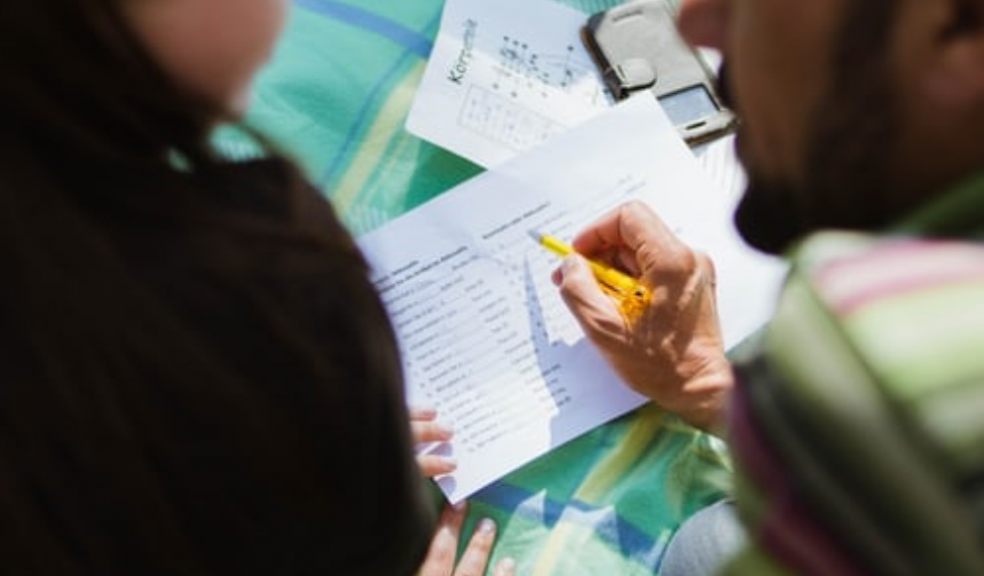
Master a Second Language Easily: 5 Effective Tips
For several years now, the world has been connected on a global scale. You can easily pick up a phone and call someone around the world and ask them how their day was. Not only that, but you can travel anywhere in the world on a moment's notice. The one issue that comes with travel and talking to others however is that often there is a language barrier.
Learning a second language is highly recommended in today’s world as there will be many times where you interact with someone who does not speak your main language. Learning a second language will also help you move up in your career path as you will be able to work with more customers.
How can you master a second language though? There are a few strategies and tips that you can employ to learn a language. Here are five of them to help get you started.
Start with Common Words
When learning any language, there are hundreds of thousands of words within it. That being said, however, the chances that you will be using all of them are slim to none. Most guides recommend that you learn the basic words for each language. These can be common phrases you are going to need and short sentences. These words will help you, and this useful guide will greatly enhance your vocabulary. Before you know it, you will be able to have very limited conversations in other languages.
Learn Verb Conjugations
Once you have learned many of the common words for that language, it is time to look at how to form verbs and use them in sentences. Unlike English, many languages have patterns that their verbs follow. What pattern to use depends on how the verb ends. Familiarize yourself with these patterns and memorize them.
Be careful, however, as there always will be exceptions to these rules. These verbs will require extra attention and focus to master. However, by taking the time to learn these, you can greatly increase your ability to speak and get a further understanding of the language you are trying to learn.
Conversations
There is no better way to learn a language than to put it in action. Find someone who is completely fluent in the language and attempt to have a conversation with them. For a much better experience, find someone who is fluent in your main language and the language you are trying to learn.
By doing this, you can practice everything that you are learning. If the person is fluent in your language, they can also provide feedback and help to correct you as you go along. If you keep this process up, you will find that your ability to speak the language will increase exponentially in a few months and you will become fluent in the language rather quickly. There is no better way to learn a language than by practicing it in conversation with other speakers.
Carry A Pocket Dictionary or Translator
There will be times when you want to say a word but you are unsure of what it is in the other language. This is where it helps to have a translator or pocket dictionary that can help you determine what you are trying to say. If carrying around a pocket dictionary is something that you do not want to do, look to use an online translator app on a phone. These are easy to set up and use and provide the same benefits that a dictionary would. Always ensure that you are carrying around a tool that can help you translate and learn new words.

Use a Phone Language App
Finally, there are many phone apps out there dedicated to teaching you other languages. While what they teach will be very minimal, it allows you to progress at your own pace and learn when you are able to.
There are tests along the way as well to help demonstrate your learning. These are fantastic tools when you are starting out as they will help introduce you to common words and phrases and teach you pronunciation along with conjugation.
A phone app can only get you so far though. After a certain amount of time, you will find that your learning has hit a wall. When this happens, you need to move on and start having more conversations with people. While using a phone app cannot replace real conversation, never underestimate the benefits of a phone app.
By following and applying these tips, you will be able to master a language easily. Remember that becoming fluent in any language takes time and can even take a few years to get used to. The more conversations you have, the better you will become. Keep working hard at the language and put in work each and every day. Before you know it you will blend right in with that country and its citizens. What language do you plan on learning?




















